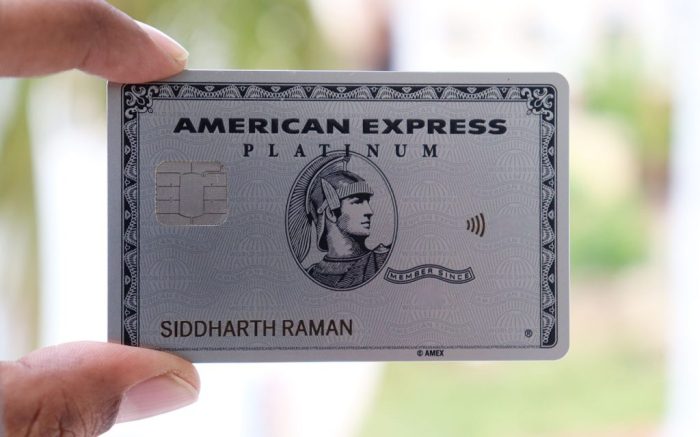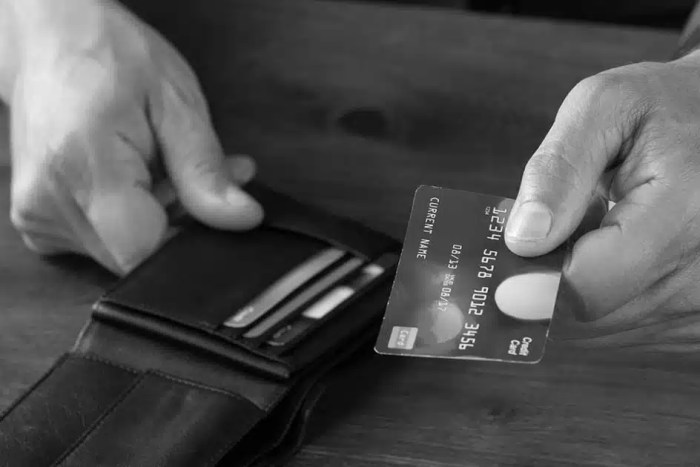Modern leasing charge on credit card – Modern leasing charges on credit cards have emerged as a prevalent financial instrument, offering consumers a novel approach to financing purchases. These charges, distinct from traditional credit card transactions, provide unique advantages and potential drawbacks that warrant exploration.
This comprehensive analysis delves into the intricacies of modern leasing charges on credit cards, examining their impact on consumer behavior, the regulatory landscape, and future trends.
Modern Leasing Charges on Credit Cards

Modern leasing charges on credit cards are a type of financing that allows cardholders to make purchases over time by paying a monthly fee instead of the full purchase price upfront. This can be a convenient way to finance large purchases, such as furniture, appliances, or electronics, without having to pay high interest rates on a traditional loan.
There are different types of modern leasing charges on credit cards, including:
- Closed-end leases:With this type of lease, the cardholder agrees to make a set number of payments over a fixed period of time. At the end of the lease term, the cardholder can either return the item, purchase it for a predetermined price, or renew the lease.
- Open-end leases:With this type of lease, the cardholder can make payments over time without a set end date. The cardholder can also return the item at any time without penalty.
There are several advantages to using modern leasing charges on credit cards, including:
- Convenience:Leasing charges can be a convenient way to finance large purchases without having to pay high interest rates on a traditional loan.
- Flexibility:Closed-end leases offer the flexibility to return the item at the end of the lease term or purchase it for a predetermined price. Open-end leases offer the flexibility to make payments over time without a set end date.
- Low interest rates:Leasing charges often have lower interest rates than traditional loans.
However, there are also some disadvantages to using modern leasing charges on credit cards, including:
- Fees:Leasing charges often come with fees, such as an origination fee, a monthly maintenance fee, and a late payment fee.
- Penalties:If the cardholder does not make payments on time, they may be subject to penalties, such as a late payment fee or a default.
- Damage:If the cardholder damages the item, they may be responsible for the cost of repairs.
Overall, modern leasing charges on credit cards can be a convenient and flexible way to finance large purchases. However, it is important to weigh the advantages and disadvantages before using this type of financing.
Impact of Modern Leasing Charges on Credit Card Usage
Modern leasing charges on credit cards have significantly impacted consumer behavior and credit card usage patterns. These charges, such as annual fees, balance transfer fees, and late payment fees, have both positive and negative effects on consumers’ financial decisions.
Factors Influencing Consumers’ Decisions, Modern leasing charge on credit card
Several factors influence consumers’ decisions to use modern leasing charges on credit cards. These include:
- Financial literacy and awareness of fees: Consumers who are knowledgeable about credit card fees are more likely to avoid or minimize them.
- Perceived value of rewards and benefits: Some credit cards offer rewards and benefits that may offset the cost of annual fees, making them more attractive to consumers.
- Convenience and accessibility: Leasing charges may provide consumers with convenient access to credit and financial services, even if they come at a cost.
Potential Risks and Benefits
Using modern leasing charges on credit cards carries both potential risks and benefits:
- Risks:Increased financial burden, debt accumulation, damage to credit score, and reduced financial flexibility.
- Benefits:Access to credit, convenience, rewards and benefits, and potential for improved financial management.
Regulation and Oversight of Modern Leasing Charges

Modern leasing charges on credit cards have garnered attention from regulatory bodies and consumer protection agencies. The regulatory framework governing these charges aims to protect consumers from potential harm and ensure fair practices in the credit card industry.
One key aspect of regulation involves disclosure requirements. Credit card issuers are obligated to provide clear and conspicuous information about leasing charges, including the terms and conditions associated with such charges. This disclosure helps consumers make informed decisions about whether to utilize leasing options and understand the potential financial implications.
Challenges in Regulating Modern Leasing Charges
Regulating modern leasing charges poses several challenges. One challenge lies in the complexity of these charges. Leasing arrangements can vary significantly in terms of their structure, fees, and repayment terms. This complexity makes it difficult for regulators to establish clear and comprehensive rules that apply to all situations.
Another challenge involves the evolving nature of the credit card industry. New technologies and business models are constantly emerging, which can make it difficult for regulators to keep pace and ensure that existing regulations remain effective.
Opportunities in Regulating Modern Leasing Charges
Despite the challenges, there are also opportunities in regulating modern leasing charges. One opportunity lies in the use of technology. Regulators can leverage technology to enhance transparency and facilitate consumer protection. For instance, online platforms can be utilized to provide consumers with easy access to information about leasing charges and their implications.
Another opportunity involves collaboration between regulators and industry stakeholders. By working together, regulators and industry participants can develop innovative solutions that balance consumer protection with the need for innovation in the credit card market.
Role of Consumer Protection Agencies
Consumer protection agencies play a vital role in overseeing modern leasing charges. These agencies are responsible for investigating complaints, enforcing regulations, and advocating for consumer rights. By working with regulators and industry stakeholders, consumer protection agencies can help ensure that leasing charges are fair and transparent, and that consumers are adequately protected.
Future Trends in Modern Leasing Charges: Modern Leasing Charge On Credit Card

The future of modern leasing charges on credit cards is expected to be shaped by several emerging technologies and innovations, as well as evolving consumer preferences and regulatory changes.
One key trend is the increasing adoption of digital wallets and mobile payments. These technologies make it easier for consumers to make purchases without having to carry physical credit cards. As a result, we can expect to see a decline in the use of traditional credit cards, which may lead to a decrease in the number of modern leasing charges being made on these cards.
Emerging Technologies and Innovations
Another trend is the rise of artificial intelligence (AI) and machine learning (ML). These technologies can be used to analyze consumer spending patterns and identify potential fraud. This can help credit card issuers to make more informed decisions about whether to approve or deny a modern leasing charge.
In addition, the development of new blockchain technologies is expected to have a significant impact on the future of modern leasing charges. Blockchain can be used to create a secure and transparent record of all transactions, which can help to reduce fraud and increase consumer confidence.
Potential Implications for Consumers and Credit Card Issuers
These trends have the potential to have a significant impact on both consumers and credit card issuers. For consumers, the increased use of digital wallets and mobile payments could make it easier to manage their finances and avoid debt. However, it is important for consumers to be aware of the risks associated with these technologies, such as the potential for fraud.
For credit card issuers, the rise of AI and ML could help to reduce fraud and improve risk management. However, these technologies also have the potential to lead to increased costs and complexity. As a result, it is important for credit card issuers to carefully consider the costs and benefits of these technologies before implementing them.
Clarifying Questions
What are the advantages of using modern leasing charges on credit cards?
Modern leasing charges offer potential advantages such as lower monthly payments, flexible lease terms, and the ability to upgrade to newer products without incurring significant upfront costs.
What are the disadvantages of using modern leasing charges on credit cards?
Potential drawbacks include higher interest rates compared to traditional credit card purchases, potential penalties for early termination, and the risk of accumulating debt if payments are not managed responsibly.
How are modern leasing charges regulated?
Modern leasing charges are typically regulated by consumer protection agencies and financial regulators to ensure transparency and protect consumer rights.